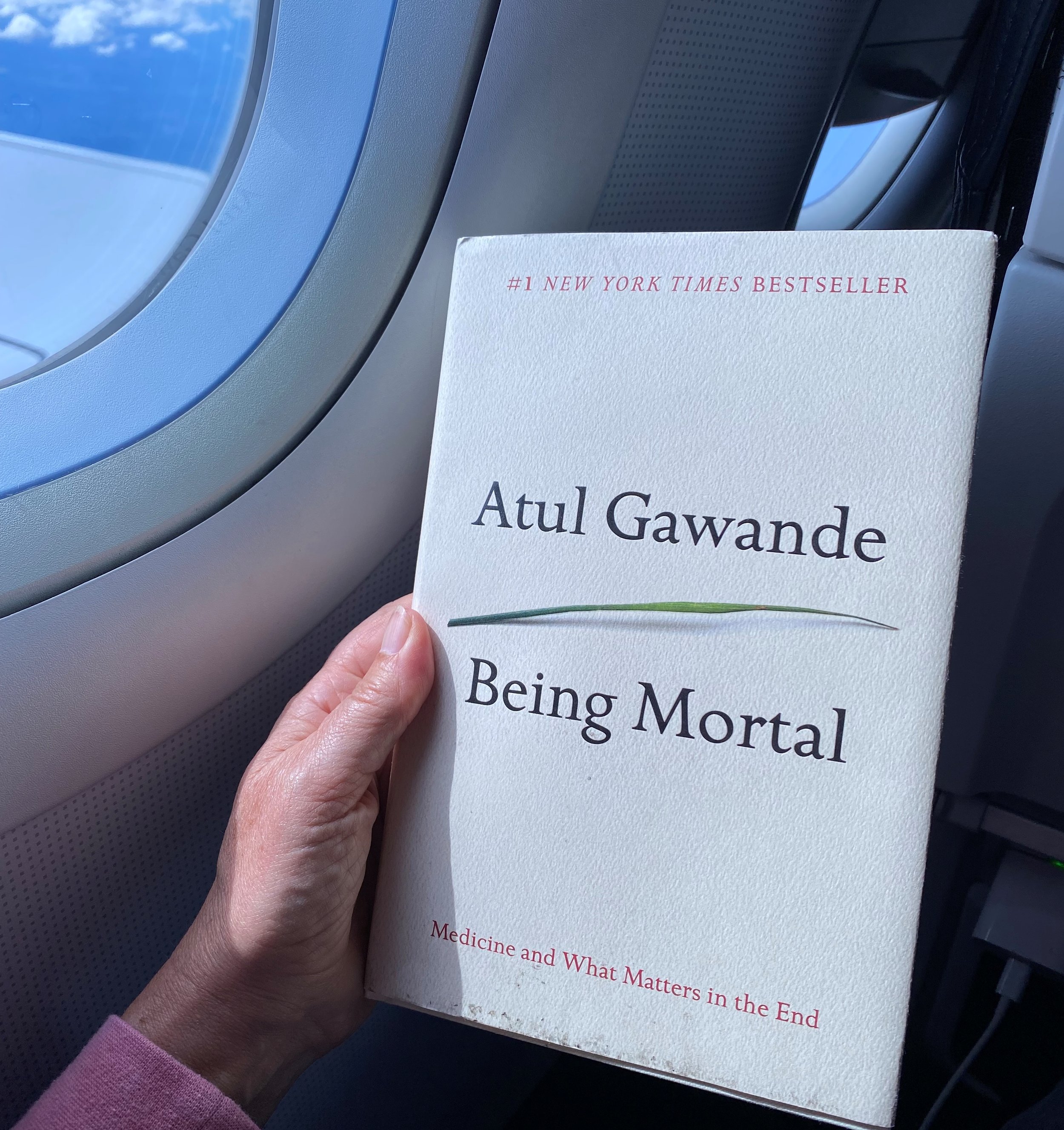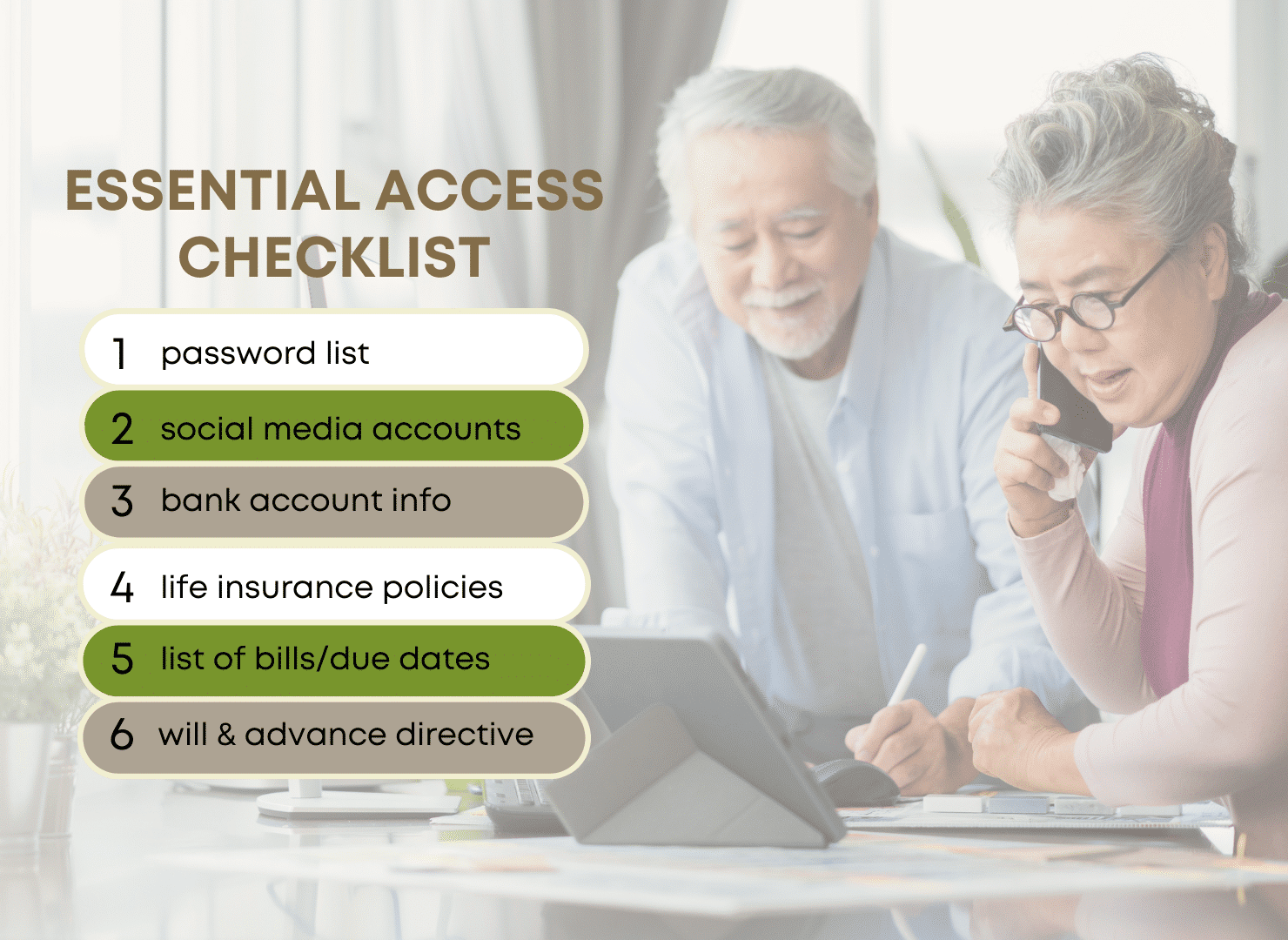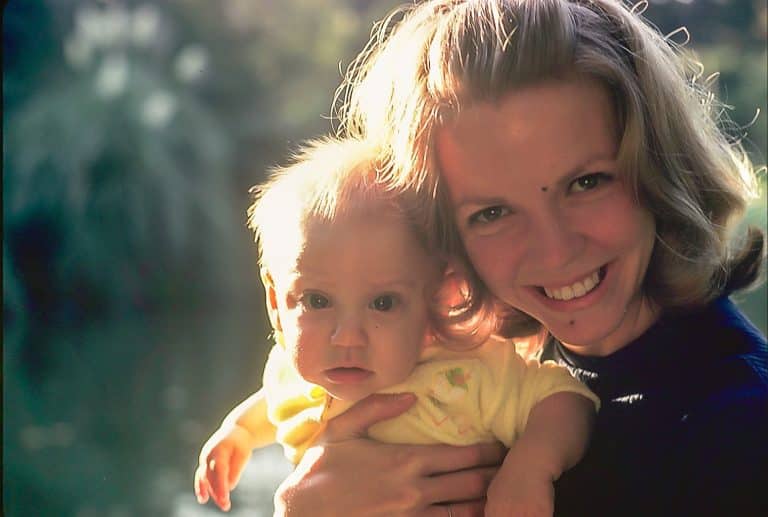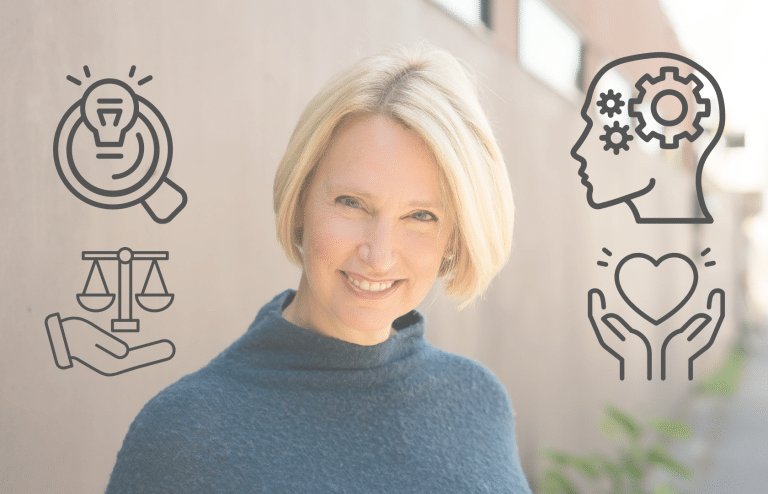Method For: Organized End Stage
As an Amazon Associate and member of other affiliate programs, I earn from qualifying purchases.
About once a year my dad gives me a book to read. The book is usually something I wouldn’t have picked out for myself and often its subject is something my dad found interesting or believes I should know more about. When he gave me Atul Gawande’s ‘Being Mortal’ several years ago I balked. ‘Dad, I don’t want to read a book about death’ I said. He replied ‘This is a book you need to read, Carrie.’ (When he says my name I know he’s serious.) So I read it and it changed me. It is one of a handful of books that I consistently think about and refer back to (I read it 7 years ago!) It changed how I thought about my parents getting older. It taught me how to have a conversation about the autumn of their lives and what was important to them, something I (like most people) had always avoided. The advice in the book became very relevant after my mom had a stroke a few months after I had read it. In the years since I’ve watched many of my friends navigate complicated waters as their parents advance in age and their health declines. Like most challenging things in life, I find that if you do a little up-front investing (in this case of time and courageous conversation) you will save yourself and your parents a lot of anxiety, hurt-feelings and heartache later.
I’ve outlined 3 recommendations to help get you organized for your parents’ (or your own!) end stage, which will help smooth the way for decision-making when the time comes. I know this is a topic that no one relishes but a little courage now will make all the difference later so let’s get organized!
Read ‘being mortal’
I’m not going to give a synopsis of the book and you should read the whole thing (it’s quick, I read it cover-to-cover on a cross-country flight) but here are some takeaways that have stuck with me over the years:
-
Understanding what it takes to live independently – There are many options out there for where/how to live in your last years/decades. Understanding the framework for independent living will help making choices about the potential need for a new living situation easier to navigate.
-
How to have a conversation when you’ve received a scary diagnosis – I haven’t had to have one of these yet but I am ready for it if/when I do! The answers to 3-4 questions can help both you and your parent not only at the time of the diagnosis but they also serve as a beacon through the inevitable twists and turns in the road
-
Primer on Palliative Care – I didn’t have an understanding of what palliative care is before I read this book but now feel better equipped to discern when treatment is the best choice and when it isn’t.
This book changed me – my dad was right, I did need to read it!
Organize access to essential info
Here is a list of things you (or your adult children) will need to access at some point – good to arrange that access ahead of time so there doesn’t have to be a hunting & gathering expedition when the time comes.
Get with your parents to organize access to this essential info so you won’t have to search endlessly when you need it
know where to go at the end
Your family may have a funeral home that everyone uses. Burial plots may already be picked out, cremation instructions verbalized. If that is the case, great. If it isn’t this is something to have a quick conversation about now, while things are stable and people are healthy. Seattle has an organization called the People’s Memorial Association that is basically a co-op funeral home. They have excellent resources to help you navigate and make decisions and membership is practically free. One trip there when my mom passed away and my dad and I had everything we needed, including next steps and a helpful checklist, to be able to navigate the days after she died. I highly recommend membership if you live in the Seattle Metro and don’t already have other arrangements. In any case when a loved one passes away the last thing you want to do is scramble to figure out where to entrust their remains.
It was so comforting to have everything we needed at our fingertips when my mom passed away, so worth the initial discomfort we experienced in starting the conversation
I realize this may not be the most uplifting blog post, but once you’ve waded into these uncomfortable waters you’ll see it’s not that bad and you will thank yourself a thousand times over when the time eventually comes that you and your parent are faced with the many decisions that accompany our end stage of life.









